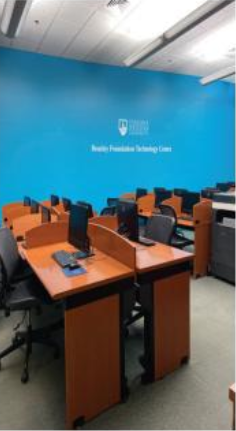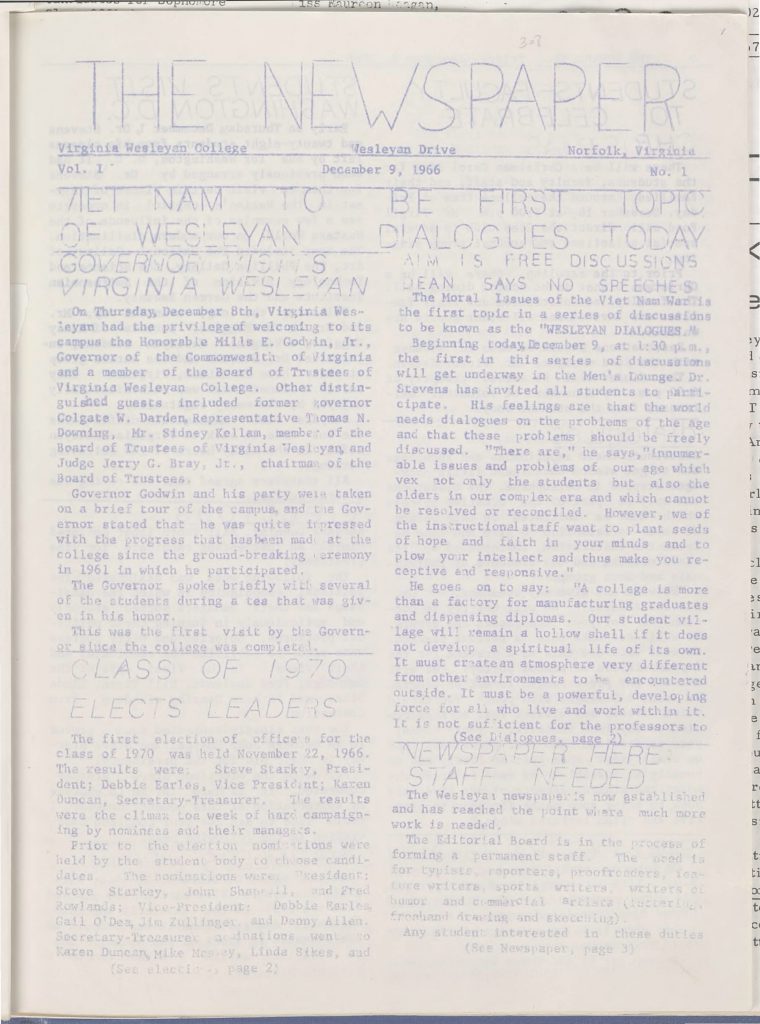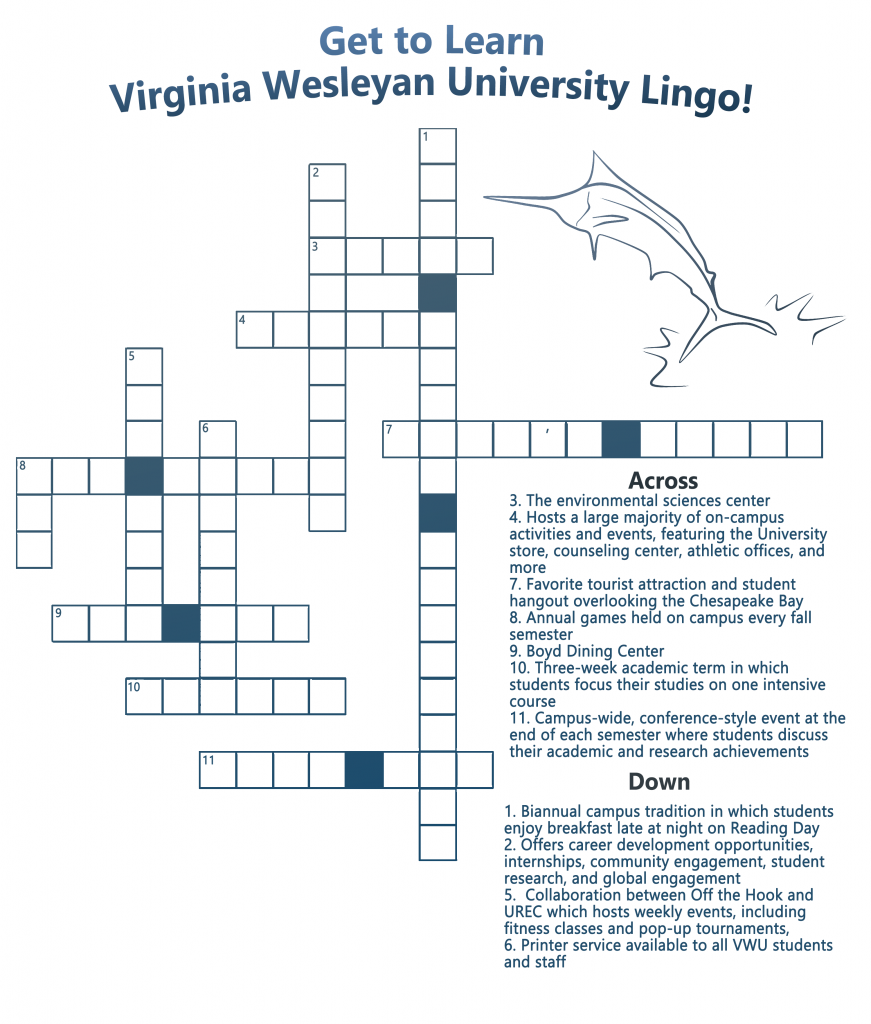Since the time that students arrived on campus at Virginia Wesleyan University, there have been issues with network connectivity. In our digital world, much of a modern college student’s education takes place online. Computers and network connectivity are the lifeblood of our knowledge stream. Reliable Internet is essential for many students to be able to do things like read their textbooks, write papers and even to complete and submit homework assignments. As the Internet on campus has not been reliable, and there are strict deadlines for homework and other assignments, many students have been put in quite the predicament. Among these disadvantaged students, sophomore Meghan Pease, a Chemistry and Psychology double major, was left hanging when the campus Internet was not operational during peak homework hours.
“I have a lot of homework. I am in several very challenging courses that are important for my degree, and the homework, at times, seems impossible to complete on time with the Internet working,” Pease said. Another student, Caroline Tryfiates, was put in a similar situation. “Nine times out of ten, when I’d go to do my physics homework, the Internet would be down and I’d have to reconnect and sometimes it still didn’t work at all,” Tryfiates said.
Students indicated that professors were generally very inflexible. “Professors didn’t change any homework deadlines … even when the professors knew about the issues, we were left responsible and they just were like ‘Oh, that’s weird’ or whatever like they thought it was a personal problem,” Pease said.
Students expressed anger and frustration over the fact that they were held responsible for the fact that the campus Internet network, a rather basic utility these days, was not working. Students were left to their own devices for completing assignments. They were left to return to their families’ homes to use their WiFi, or to go to a Starbucks or a similar place where they could use public WiFi. Throughout time, students were told that the network was being improved. Bearing this in mind, the total outages that occurred were planned in advance. Because they were planned, the timing of these events was the cause of dumbfoundedness by junior Max Peters, a Chemistry and Biology major. Peters and Tryfiates agreed that the outages were extremely ill-timed. They felt that the outages were scheduled during peak times for network usage to complete homework, and that the outages should have been scheduled overnight or in the early morning hours.
But again, students were being promised improvements to the connection that they had before all of these outage issues occurred. To find out some more about these “improvements,” Dr. Keith Moore, Vice President of Student Affairs was questioned on the topic, as he was the liaison between the university and the Internet provider during the transition. Moore said that the campus Internet outage issues were caused because we needed “access points that could support three times the internet speed, because right now we could get three times the Internet speed, but without an access point that could manage it, it might as well not even be three times the speed.”
Moore also explained that the access points which were replaced are the physical devices that can be seen around campus. They are the small, rectangular devices on the walls and ceilings in each building to allow students and faculty to access the network from their phones, laptops and other devices. He said “we needed to upgrade the access points [around campus] to deliver the faster speeds once we flip the switch … so this is all in preparation for what’s going to be a real improvement in delivery, and I’m kind of excited about it.”
Moore also shared that the Internet upgrades were replacing cable access on campus. Moore said, “We looked at cable, and the dwindling use of cable and the dissatisfaction with cable, and so far any time I’ve said to the students that ‘we’re not going to have cable, we’re going to have three times [the] internet speed, you may stream at your leisure,’ I have gotten applause, I have gotten thank yous, I have gotten overwhelmingly a very warm reception.”
In terms of the issue happening again in the future, Moore shared that the new access points contain software which performs rolling updates. “With these new access points, and the system they will be on, one access point will go down, upgrade itself, other access points will cover that area, and they’ll just keep doing it until they’re all done.”
With these upgraded forms of access points, which can perform system updates without shutting network access down, Virginia Wesleyan students and staff should expect far fewer outages as well as three times the network speed in the future.
Dalton Powers
dmpowers@vwu.edu


